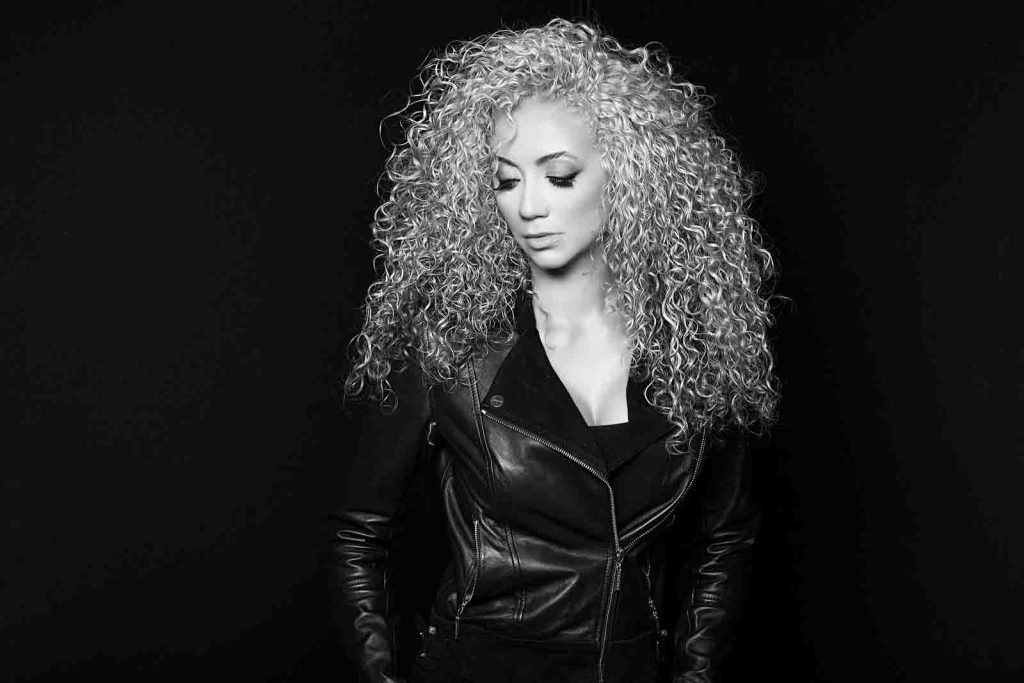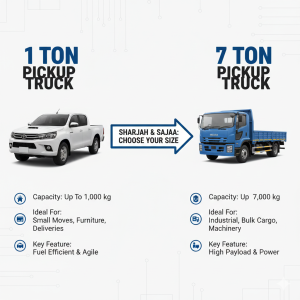If you’ve ever found yourself stuck in a cycle of emotional pain, heartbreak, or constantly feeling unfulfilled in relationships, you’re not alone. Many individuals repeatedly fall into the same patterns with emotionally unavailable partners. Learning how to heal from an emotionally unavailable relationship requires more than just time—it demands personal growth, self-awareness, and most importantly, setting healthy boundaries.
A healing heart coach often emphasizes the power of clear, self-honoring boundaries as a fundamental step in breaking free from toxic patterns. But what boundaries should you set, and how can they help you build stronger, healthier relationships going forward? Let’s explore the answers.
Have You Identified Your Emotional Triggers and Needs?
Before setting boundaries, it’s crucial to understand your emotional blueprint. What are your core emotional needs in a relationship? Do you crave consistency, deep communication, physical affection, or emotional validation?
When you’re recovering from an emotionally unavailable relationship, you likely have unresolved emotional triggers—moments when you felt abandoned, dismissed, or unloved. These moments teach you where boundaries were either missing or disrespected.
A healing heart coach will often guide clients through reflective exercises to identify these triggers and clarify their emotional needs. This clarity allows you to establish proactive boundaries that protect your emotional well-being.
Are You Comfortable Saying “No” Without Guilt?
One of the strongest boundaries you can set is the ability to say “no” without guilt. People who’ve endured emotionally unavailable relationships often develop a pattern of people-pleasing or over-accommodating, hoping to earn love or validation.
But saying “yes” when your heart says “no” is a violation of your own needs.
To heal from an emotionally unavailable relationship, practice small “no”s each day—declining plans you’re not excited about, not responding immediately to emotionally draining texts, or refusing to justify your boundaries. These small acts build confidence and reinforce your self-worth.
Do You Have a Clear Definition of What You Will and Won’t Tolerate?
Vague boundaries leave room for emotional manipulation and repeated heartbreak. To truly move forward, define—on paper if necessary—what behaviors you absolutely won’t tolerate in your next relationship.
Examples may include:
- Inconsistent communication
- Lack of emotional availability
- Passive-aggressive behavior
- Ghosting or breadcrumbing
- Criticism disguised as jokes
By being specific, you make it easier to recognize red flags early. Your boundary becomes your filter, guiding you to more emotionally fulfilling partnerships.
Are You Setting Boundaries with Yourself Too?
Boundaries aren’t just external—they apply internally too. Part of healing from an emotionally unavailable relationship means acknowledging your own behaviors that perpetuate the cycle.
Ask yourself:
- Do I ignore red flags because I fear being alone?
- Do I chase validation instead of mutual respect?
- Do I romanticize potential over reality?
Setting boundaries with yourself might involve committing to not texting your ex, resisting the urge to “fix” emotionally unavailable partners, or not entering any new relationship until you feel emotionally grounded.
This is where a healing heart coach can be invaluable—helping you stay accountable to your new standards and actions.
Can You Communicate Your Boundaries Clearly and Calmly?
You may know what your boundaries are, but if you’re unable to express them with clarity and confidence, they’re unlikely to be respected.
Practice statements like:
- “I need consistency in communication to feel secure.”
- “I’m not available for relationships that involve emotional games.”
- “If I feel disrespected or ignored repeatedly, I will walk away.”
Clear, calm, and assertive boundary communication weeds out those unwilling or unable to meet your emotional needs—saving you months or even years of emotional turmoil.
Are You Willing to Walk Away When Boundaries Are Disrespected?
Boundaries without consequences are just suggestions. If someone crosses your line and you continue engaging, you’re teaching them that your limits are flexible. To truly heal from an emotionally unavailable relationship, you must be willing to walk away when your boundaries are ignored.
This may feel uncomfortable at first—especially if you’ve tied your identity to being “understanding” or “loyal.” But remember, enforcing boundaries is not about punishing others—it’s about protecting your peace.
A healing heart coach can help you build the strength and resilience needed to follow through, reinforcing the belief that you are worthy of love that meets your emotional standards.
Are You Surrounding Yourself with Emotionally Safe People?
Healing is not done in isolation. If your social circle consists of people who normalize toxic behaviors, mock your boundaries, or encourage emotionally unavailable partners, you’ll find yourself slipping back into old patterns.
Set boundaries around the company you keep. Prioritize emotionally safe friends, therapists, or a healing heart coach who support your growth journey and remind you of your value when doubts arise.
Have You Created a Life Outside of Romantic Relationships?
Often, we fall into repeat patterns because we place too much emotional weight on romantic relationships. When you build a fulfilling life outside of love—through hobbies, friendships, career, creativity—you become less susceptible to compromising your boundaries just to fill a void.
Make self-care non-negotiable. Take solo trips. Attend workshops. Join communities. The more enriched your life is, the less likely you are to tolerate emotional breadcrumbs from others.
Are You Practicing Self-Compassion When You Slip?
Setting and maintaining boundaries is a lifelong practice. You will make mistakes. You may let the wrong person back in. You might bend your limits once or twice. That’s okay.
The goal isn’t perfection—it’s progress.
A healing heart coach teaches that compassion is a key ingredient to sustainable healing. When you stumble, instead of beating yourself up, ask: What can I learn? How can I do better next time?
Every experience becomes a lesson in strengthening your boundaries and deepening your self-love.
Conclusion: Are You Ready to Protect Your Peace for Good?
If you’re serious about learning how to heal from an emotionally unavailable relationship, boundaries are not optional—they are essential. Boundaries act as the guardrails of your emotional landscape, preventing you from falling back into familiar but harmful patterns.
By working with a trusted healing heart coach, you can gain the tools, mindset, and accountability to not only set boundaries—but to live by them proudly.
Your emotional health matters. You deserve relationships that nourish, not drain. It all begins by drawing the line—and holding it—with love, courage, and unwavering self-respect.
Let this be the moment you stop repeating the past and begin creating the future your heart truly deserves.




